Best herbs for sleep and sedation
min. reading
A heap of responsibilities, chronic stress, constant running and fatigue are part of most of us’ lives. All these negative external factors can cause problems with sleep and relaxation. Fortunately, there are many herbs that neutralize the effects of these harmful factors. What herbs are best for sleep and relaxation? What should you check before buying herbs? These questions are answered in this article.
Table of Contents
Popular sedative and sleeping herbs
Herbs have already been used by our ancestors to improve sleep quality and relax the body. They were made into aromatic infusions, aromatherapy oils or powdered, “supplements”. With the development of civilization and greater exposure to harmful external stimuli, the search and study of substances that can soothe the nerves and benefit sleep began. Among the group of substances that show such effects can be included some herbs, such as:
- lemon balm,
- valerian,
- chamomile,
- lavender,
- passionflower,
- linden leaves,
- verbena,
- hop cones,
- ashwagandha,
- St. John’s wort.
Each of these herbs exhibits slightly different effects, so it is worthwhile to become more familiar with them.
Melissa
Melissa is one of the most popular herbs used in medicine and cooking. It contains essential oils such as citral and citronellol, which exhibit antibacterial, decongestant and sedative effects. In addition, lemon balm leaves also show a windmill effect and improve digestion.
Studies confirm the effectiveness of lemon balm in sleep disorders and insomnia. Long-term use of lemon balm resulted in the alleviation of negative effects caused by stress and had a relaxing effect on the body. In addition, lemon balm oil has been proven to have anti-inflammatory and antioxidant effects. Antioxidant action involves neutralizing reactive oxygen species that are formed in the body, for example, during stress. Excess reactive oxygen species in the body play a large role in the development of civilization diseases (civilization diseases we can include type II diabetes, hypertension, cardiovascular disease and obesity).
Melissa can be used in several ways. We can make an aromatic infusion of it, which is ideal for soothing nerves before bedtime, or use it as an aromatic spice in the kitchen. It is ideal as a seasoning for salads, desserts, soups and meats.
Valerian
Valerian, is an herb particularly valued for its sedative properties. Valerian has the effect of lowering the activity of the central nervous system, thus helping to calm and relax. In addition, in larger quantities, it is used as a sleep aid and to improve the quality of sleep, as it reduces the number of awakenings during the night and shortens the time to fall asleep. Ginseng also has a diastolic effect, so it causes menstrual pain relief.
Valerian is used in the production of teas and drops, which are designed to facilitate sleep, reduce tension and relax. We can also find valerian in the composition of creams and shampoos, as it will relieve skin inflammation due to its anti-inflammatory properties.
Chamomile
Chamomile is a plant already used in folk medicine. Most valuable are chamomile flowers, which contain numerous substances with anti-inflammatory, antifungal and antibacterial properties. In addition, chamomile accelerates wound healing, relieves bone pain and neuralgia.
Chamomile teas help relax the body, improve digestion and bile flow. Therefore, an infusion of this herb can be an ideal addition to a hard-to-digest meal, after which one fears the occurrence of gastric discomfort. Contraindications to the use of chamomile are allergies or skin prone to irritation. Also, avoid taking chamomile with certain medications. Therefore, always before consuming a substance, carefully analyze whether it accidentally interacts with your medications.
Lavender
Lavender is a beautiful plant with an intense, aromatic fragrance. For years it has been used in folk medicine as a sedative and sleep aid. Lavender effectively calms, reduces the activity of the central nervous system and soothes the senses. In addition, it shortens the time to fall asleep and reduces the number of awakenings during the night. In the fight against insomnia, lavender oil is ideal, which can be used for aromatherapy or sprinkled on the pillow. Inhalations with lavender oil will support the treatment of respiratory diseases by facilitating breathing, anti-inflammatory and antibacterial effects. On the other hand, an infusion of lavender has anti-inflammatory effects and relieves menstrual and migraine pain. Contraindications to the use of lavender in large quantities are pregnancy, intestinal and kidney diseases.
Passionflower
Passionflower is a medicinal herb that is used to relieve anxiety and improve sleep quality. Studies show that the use of passionflower increased total sleep time, reduced the number of awakenings and shortened the time to fall asleep. An infusion of passionflower improves concentration and attention and facilitates relaxation of the body. A contraindication to its use is pregnancy, as it can cause uterine contractions. Also, it should be avoided by breastfeeding women and people taking sleep medications.
Lime leaves
Linden leaves exhibit a number of positive properties. Among other things, they have anti-inflammatory and expectorant effects, so they are often an ingredient in cough syrups and teas that support the respiratory system. In addition, linden has a calming and relaxing effect, making it easier to fall asleep. Lime leaves also show a beneficial effect on the digestive system, as it regulates digestive processes and prevents diarrhea.
Verbena
Common verbena is an herb found almost all over the world. It is a source of numerous antioxidants, glycosides, phytosterols and verbalin. An infusion of verbena is used in relieving stress and when soothing digestive disorders. In addition, it can be used as a headache reliever and decongestant. Verbena also exhibits expectorant and immune-boosting effects. Contraindications to the use of vervain are pregnancy and allergies.
Hops cones
Hops cones are a very common addition to calming and sleep-enhancing teas. Hops cone extract makes it easier to fall asleep and increases sleep efficiency. In addition, it reduces irritability and has a relaxing effect. The use of hops cone extract externally will work well for radiculitis, hard-to-heal wounds and inflammation of the skin.
Ashwagandha
Ashwagandha otherwise known as ginseng or sluggish vitania is a plant that has been used for centuries in traditional Ayurvedic medicine. Nowadays, ginseng is often used for its many beneficial properties. These include:
- reducing stress,
- improving concentration and improving attention,
- reducing fatigue,
- relieving inflammation,
- antimicrobial properties,
- improving sleep quality,
- reducing blood glucose levels,
- strengthening the work of the immune system,
- supporting the nervous system.
Contraindications to the use of ashwagandha are pregnancy, breastfeeding and the use of certain sleeping and sedative drugs.
St. John’s Wort
St. John’s wort herb is another plant that finds use in neutralizing the negative effects of external factors on sleep. St. John’s wort prevents insomnia by improving the quality of sleep and making it easier to fall asleep. Additionally, it relieves stress and facilitates relaxation. It improves the functioning of the digestive system by having a diastolic effect on the bile ducts and smooth muscles of the digestive tract. Contraindications to its use are high fever and liver damage.
References
- Miraj S, Rafieian-Kopaei, Kiani S. Melissa officinalis L: A Review Study With an Antioxidant Prospective. J Evid Based Complementary Altern Med. 2017 Jul;22(3):385-394. doi: 10.1177/2156587216663433. Epub 2016 Sep 11. PMID: 27620926; PMCID: PMC5871149.
- Drugs and Lactation Database (LactMed) [Internet]. Bethesda (MD): National Library of Medicine (US); 2006–. St. John’s Wort. 2021 Feb 15. PMID: 30000829
- LiverTox: Clinical and Research Information on Drug-Induced Liver Injury [Internet]. Bethesda (MD): National Institute of Diabetes and Digestive and Kidney Diseases; 2012–. Ashwagandha. 2019 May 2. PMID: 31643854.
- Speers AB, Cabey KA, Soumyanath A, Wright KM. Effects of Withania somnifera (Ashwagandha) on Stress and the Stress- Related Neuropsychiatric Disorders Anxiety, Depression, and Insomnia. Curr Neuropharmacol. 2021;19(9):1468-1495. doi: 10.2174/1570159X19666210712151556. PMID: 34254920; PMCID: PMC8762185.
- da Fonseca LR, Rodrigues RA, Ramos AS, da Cruz JD, Ferreira JLP, Silva JRA, Amaral ACF. Herbal Medicinal Products from Passiflora for Anxiety: An Unexploited Potential. ScientificWorldJournal. 2020 Jul 20;2020:6598434. doi: 10.1155/2020/6598434. PMID: 32765195; PMCID: PMC7387951.
- Aboutaleb N, Jamali H, Abolhasani M, Pazoki Toroudi H. Lavender oil (Lavandula angustifolia) attenuates renal ischemia/reperfusion injury in rats through suppression of inflammation, oxidative stress and apoptosis. Biomed Pharmacother. 2019 Feb;110:9-19. doi: 10.1016/j.biopha.2018.11.045. Epub 2018 Nov 16. PMID: 30453254.
- Firoozeei TS, Feizi A, Rezaeizadeh H, Zargaran A, Roohafza HR, Karimi M. The antidepressant effects of lavender (Lavandula angustifolia Mill.): A systematic review and meta-analysis of randomized controlled clinical trials. Complement Ther Med. 2021 Jun;59:102679. doi: 10.1016/j.ctim.2021.102679. Epub 2021 Feb 4. PMID: 33549687.
- Mao JJ, Xie SX, Keefe JR, Soeller I, Li QS, Amsterdam JD. Long-term chamomile (Matricaria chamomilla L.) treatment for generalized anxiety disorder: A randomized clinical trial. Phytomedicine. 2016 Dec 15;23(14):1735-1742. doi: 10.1016/j.phymed.2016.10.012. Epub 2016 Oct 24. PMID: 27912875; PMCID: PMC5646235.
- Amsterdam JD, Li QS, Xie SX, Mao JJ. Putative Antidepressant Effect of Chamomile (Matricaria chamomilla L.) Oral Extract in Subjects with Comorbid Generalized Anxiety Disorder and Depression. J Altern Complement Med. 2020 Sep;26(9):813-819. doi: 10.1089/acm.2019.0252. Epub 2019 Dec 5. PMID: 31808709; PMCID: PMC7488203.

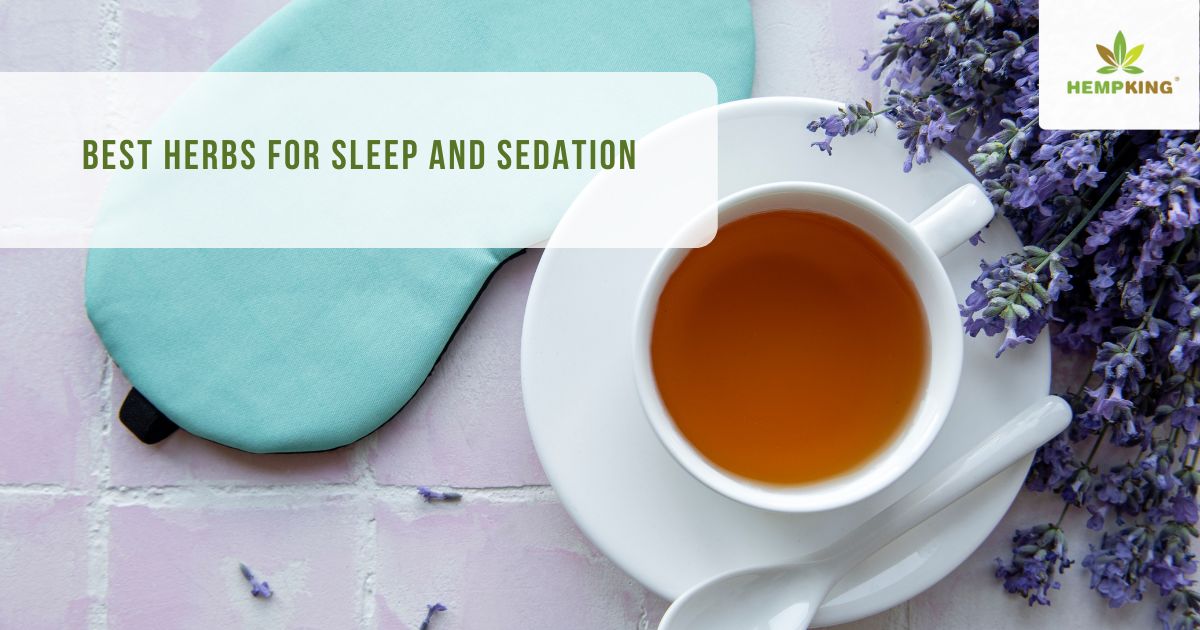

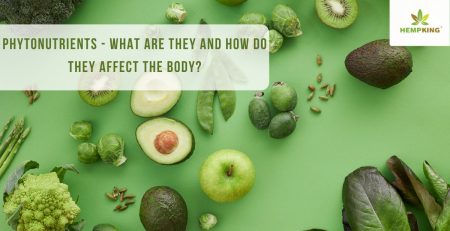

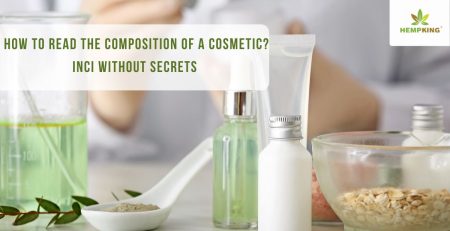
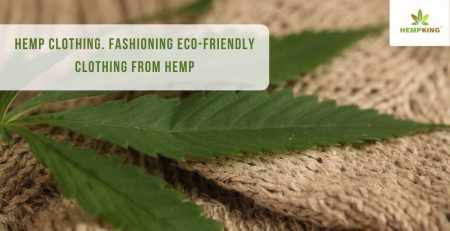

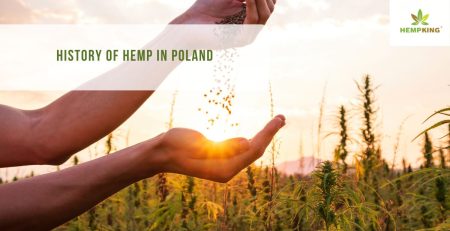


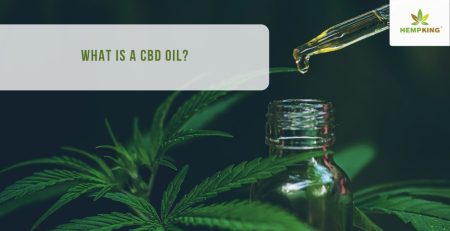
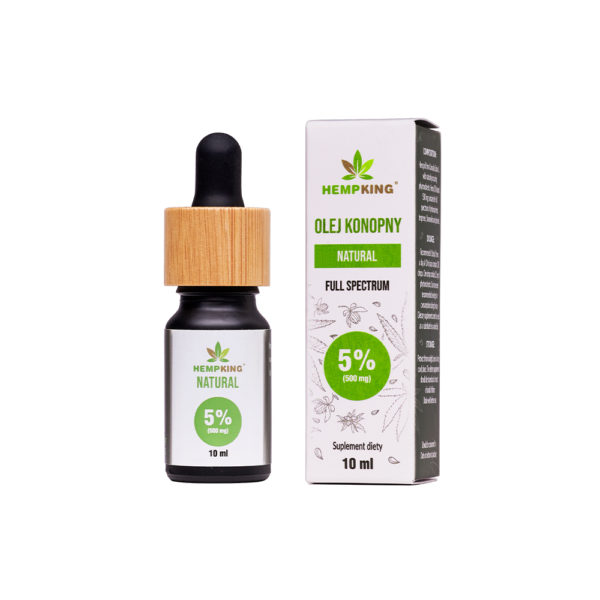
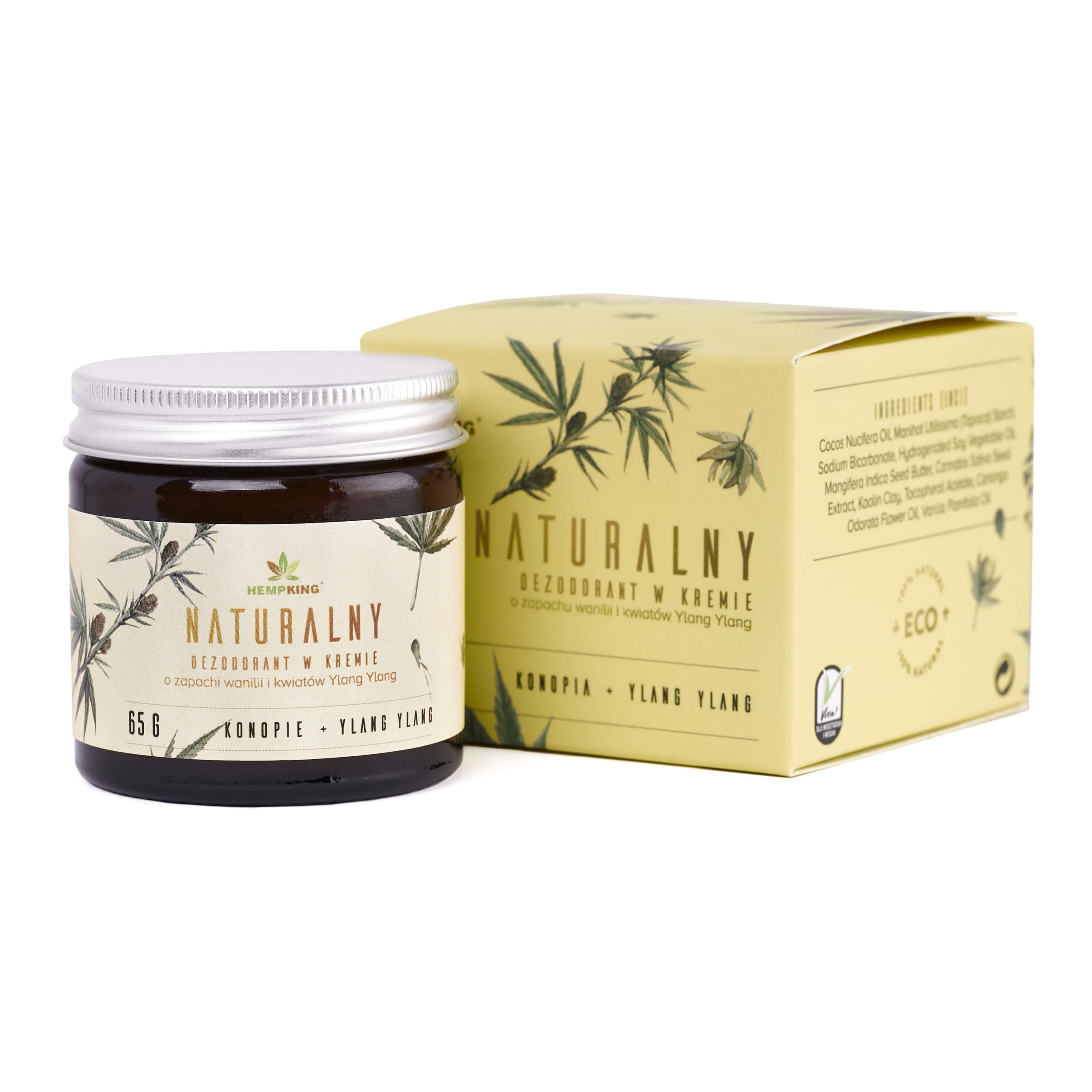
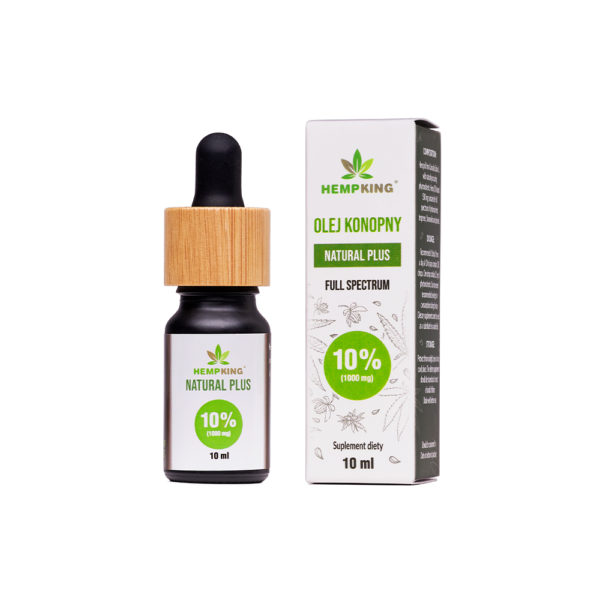
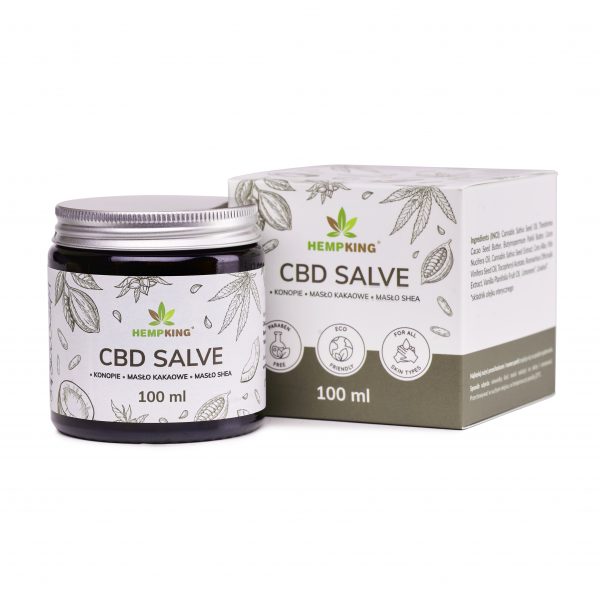
 Facebook
Facebook Instagram
Instagram

Leave a Reply